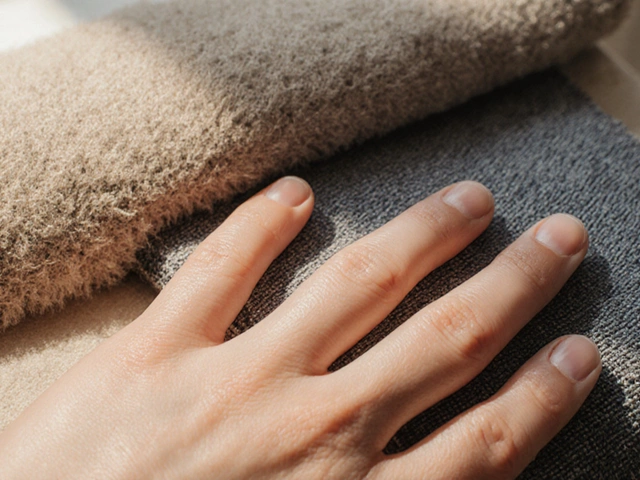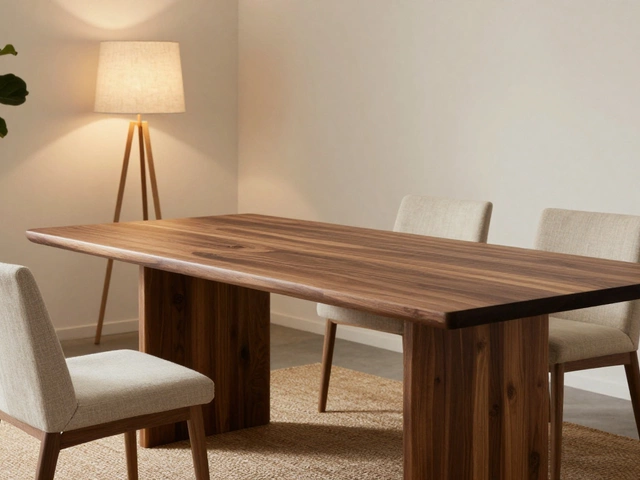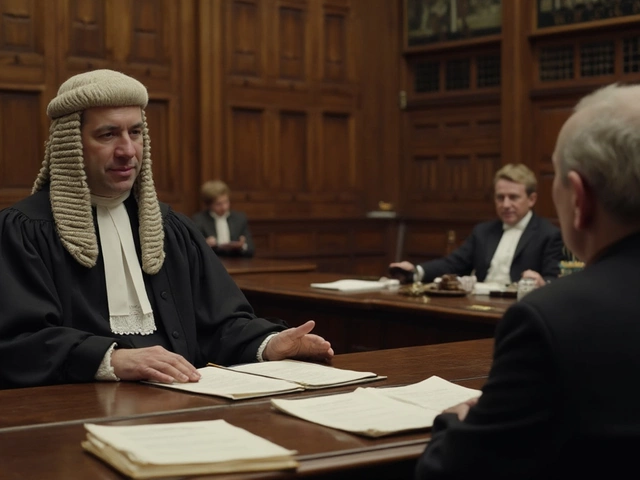Work Stress: How to Manage It with Mindfulness, Balance, and Real Daily Habits
When you feel overwhelmed at work, you're not alone. Work stress, the mental and physical strain caused by job demands that exceed your ability to cope. Also known as occupational stress, it shows up as exhaustion, irritability, trouble sleeping, or just feeling like you’re always on edge. It’s not about working harder—it’s about working smarter. And the fix isn’t always a vacation or a big career change. Often, it’s small, daily habits that add up.
Mindfulness, the practice of paying attention to the present moment without judgment is one of the most proven tools against work stress. You don’t need to meditate for an hour. Just five minutes of breathing before your morning meeting, or pausing before answering an email, can reset your nervous system. Science shows this simple habit reduces cortisol, improves focus, and helps you respond instead of react. It’s not magic—it’s training your brain to stop spinning.
Work-life balance, the healthy separation between professional duties and personal time isn’t about quitting your job. It’s about setting boundaries. Turning off notifications after 7 p.m. Saying no to extra tasks when you’re already full. Protecting your weekend like it’s a sacred space. The people who feel least burned out aren’t the ones working the longest—they’re the ones who know when to stop.
And it’s not just about your mind. Your body remembers stress. That tight shoulder, the stomach upset before a big presentation, the constant fatigue—these aren’t normal. They’re signals. Eating real food, moving your body even if it’s just a walk, and getting enough sleep aren’t luxuries. They’re survival tools. One study found that people who ate healthy meals on a budget felt less anxious and had more energy throughout the day. You don’t need expensive supplements or fancy apps. You need consistency.
Work stress doesn’t vanish overnight. But it can shrink. Slowly. Day by day. You’ll find articles here that show you how to start with five minutes of mindfulness, how to build a wardrobe that reduces decision fatigue, how to organize your home so it feels calmer, and how to eat well without spending hours in the kitchen. These aren’t unrelated topics. They’re all pieces of the same puzzle: how to live with less pressure and more peace.
What you’ll find below isn’t a list of quick fixes. It’s a collection of real, tested habits—some small, some surprising—that help people in the UK and beyond take back control. No fluff. No hype. Just what works.
Unhealthy Work‑Life Balance: Definition, Signs & Solutions
Categories
RECENT POSTS
Healthiest Clothing: Best Fabrics for Skin & Wellness
Learn which fabrics are truly skin‑friendly, how to spot low‑toxin certifications, and care tips to keep your wardrobe healthy and sustainable.
How Many Days to Spend in England? Find the Ideal Trip Length
Discover the ideal number of days for an England trip. Learn how to split the country into regions, see sample itineraries for 5‑7, 10‑12 and 14‑16 days, and get practical tips for travel, accommodation, and budgeting.
Is dark furniture coming back in 2024? Here’s what’s actually happening in home decor
Dark furniture isn't just returning-it's becoming the quiet foundation of modern homes. Learn why walnut, mahogany, and blackened oak are winning over light woods in 2024, and how to style them without making your space feel heavy.
Rule 406 Explained: Everything You Need to Know About Evidence of Habit or Routine Practice
Learn exactly what Rule 406 means in law, why it's important in court, and how it affects cases involving habits and routine practice. Clear, direct, and practical.
UK's Biggest Crime Problem: Examining the Surge in Fraud and Cybercrime
Fraud and cybercrime now top the charts as the UK's biggest crime problems. Dive into the numbers, real-world impact, and find out how to protect yourself right now.





